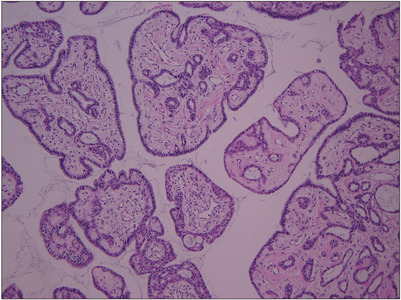Search
- Page Path
- HOME > Search
Review Article
- Artificial Intelligence for Autonomous Robotic Surgery in Urology: A Narrative Review
- Dae Young Lee, Hee Jo Yang
- Urogenit Tract Infect 2024;19(3):80-88. Published online December 31, 2024
- DOI: https://doi.org/10.14777/uti.2448020010

-
 Abstract
Abstract
 PDF
PDF PubReader
PubReader ePub
ePub - Artificial intelligence (AI) has emerged as a transformative force in various sectors, including medicine, where it processes high-dimensional data to improve diagnostics and treatment outcomes. This review explores AI applications in urological surgery, highlighting advancements such as image classification and robotic assistance in surgical procedures. AI has demonstrated exceptional diagnostic accuracy, with some systems achieving up to 99.38% in detecting prostate cancer. Additionally, AI facilitates real-time anatomical recognition and instrument delineation, increasing surgical precision. While current robotic systems operate under human supervision, ongoing research aims to advance autonomous surgical capabilities. The future of AI in robotic surgery is promising, especially regarding the possibility of improved outcomes; nonetheless, challenges related to autonomy, safety, and ethics remain.
- 13,045 View
- 161 Download

Case Report
- Robotic Excision of a Huge Seminal Vesicle Cyst, Including Intracystic Papillary Adenoma, Saving Fertility
- Tae Hoon Oh, Ill Young Seo
- Urogenit Tract Infect 2024;19(2):40-43. Published online August 31, 2024
- DOI: https://doi.org/10.14777/uti.2024.19.2.40

-
 Abstract
Abstract
 PDF
PDF PubReader
PubReader ePub
ePub - A seminal vesicle cyst is a rare disease, and an intracystic papillary adenoma within the seminal vesicle is extremely rare. The diagnosis and treatment of these diseases are challenging because of the limited data. This paper presents a robotic excision of a huge seminal vesicle cyst, including an intracystic papillary adenoma, preserving fertility in a 40-year-old man.
- 2,554 View
- 14 Download


 KAUTII
KAUTII
 First
First Prev
Prev


